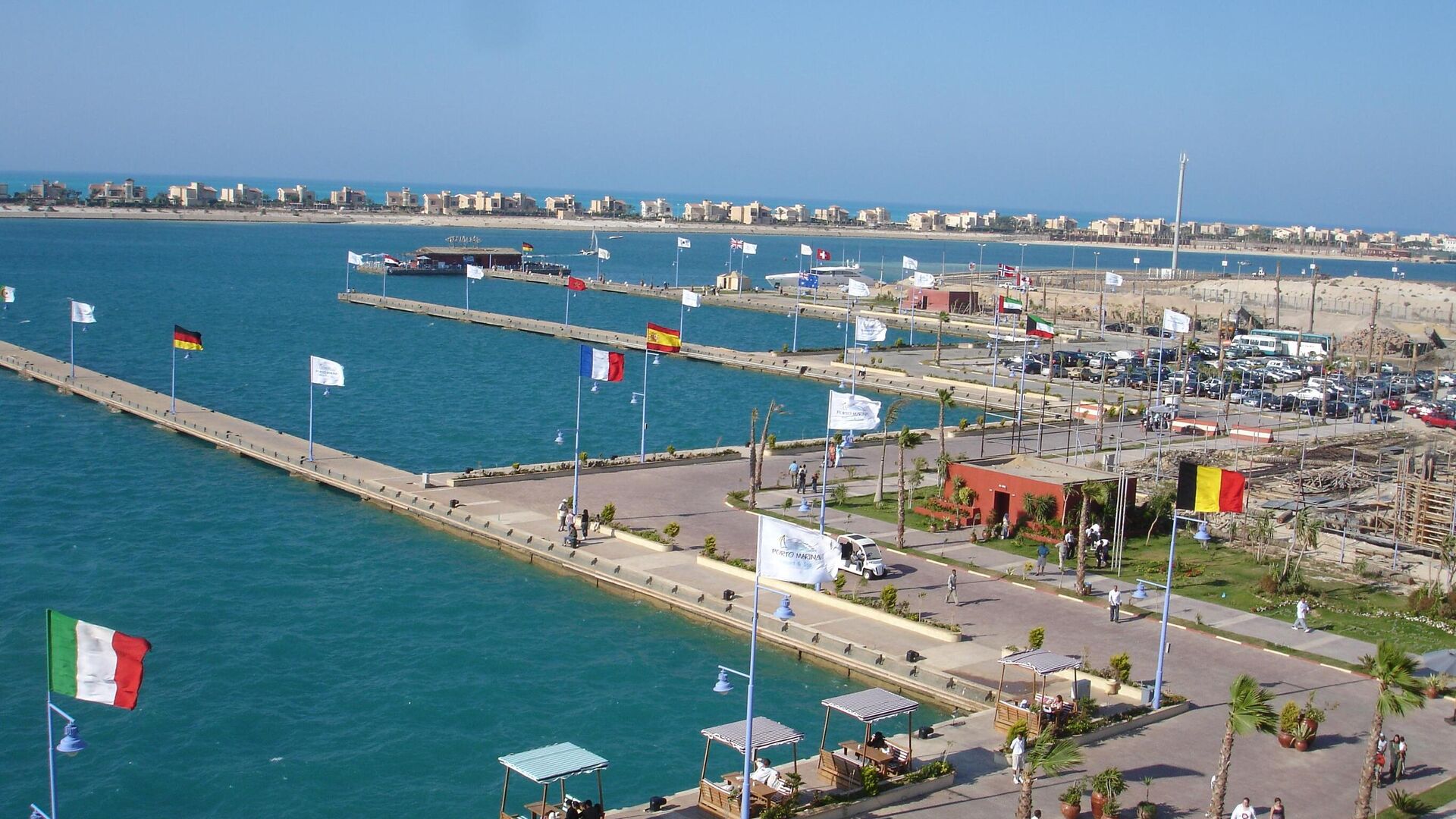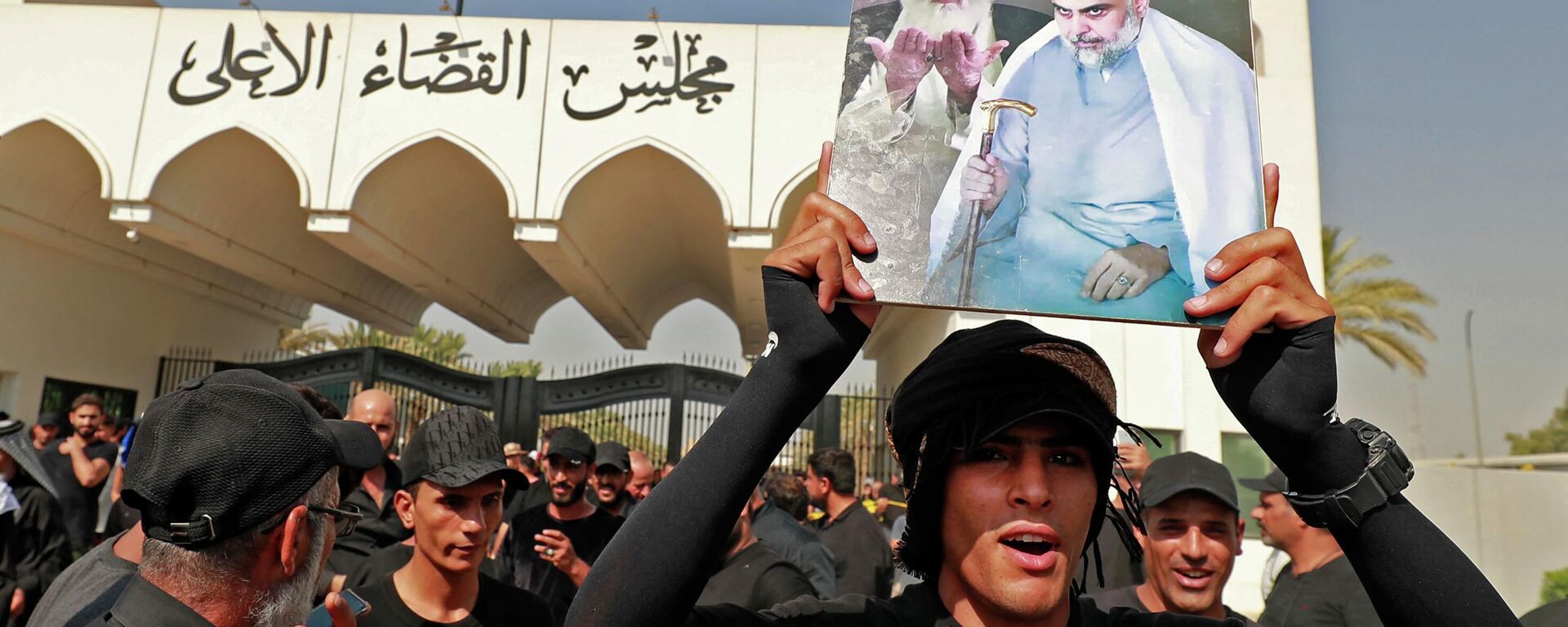Saudi Delegation Notably Absent at Egypt-Hosted ‘Arab Unity’ Summit
Subscribe
Arab leaders from the United Arab Emirates, Iraq, Bahrain and Jordan traveled to the Egyptian coastal city of El-Alamein this week for a summit on "energy and food security,” including sky-high grain prices and the impending completion of Ethiopia’s massive dam on the Blue Nile.
At the meeting, the leaders stressed the importance of maintaining Arab unity for reaching “lasting solutions” to current and future crises.
According to The Arab Weekly, the talks focused on a variety of topics, ranging from Israel’s attacks on Gaza to the conflicts in Syria, Yemen, and Libya, as well as US-Iran talks on reviving the 2015 nuclear deal. Egypt raised concerns about the Grand Ethiopian Renaissance Dam (GERD), a hydroelectric power plant near the Sudanese border that Cairo and Khartoum fear will negatively impact their water security and the flow of alluvium downstream.
They also discussed the continuing fallout of the ongoing conflict between Russia and Ukraine over the Donbass region, where two Russian-speaking republics declared independence and requested help from Moscow in February amid bombardment by Ukrainian forces. The export of grain via the Black Sea has been impacted by the fighting, although Moscow has alleged that Kiev could have been shipping grain out for months but has refused in order to build sympathy for its cause.
For the Arab states, which import much of their grain from Eastern Europe, the high prices and short supply have raised serious concerns about food security in the coming months.
On Tuesday, wheat prices stood at €332 per ton, which is much lower than the €438 per ton it peaked at in mid-May but still considerably higher than the €263 per ton it cost prior to the beginning of Russia’s special operation in late February.
According to the Jordan Times, Jordanian King Abdullah II emphasized the importance of relaunching a peace process between Israel and the Palestinian National Authority (PNA) on the basis of a two-state solution. Of the nations present, only Iraq has not signed the US-orchestrated Abraham Accords, which normalized relations with Israel, ostensibly with the goal of averting Israeli annexation of parts of the West Bank. However, the deal was roundly rejected and decried by Palestinians, who said it was made without their participation and undermined progress towards a future Palestinian state.
Notably absent from the talks was Saudi Arabia, which is close to most of the other states present and shares many of the same regional concerns.
Rachid Chaker, a researcher at Paris-Panthéon-Assas University, told The Media Line that Riyadh’s absence was “remarkable,” speculating it could be “a means for Abu Dhabi to keep the lead on Arab affairs,” but also a way for Cairo to assert its role as a regional great power independent of Saudi Arabia.
On Tuesday, Iraq’s caretaker prime minister, Mustafa Kadhimi, was forced to cut his visit to El-Alamein short and rush back to Baghdad amid new protests by followers of Moqtada al-Sadr, an influential Shiite cleric and major force in Iraqi politics. The Sadrists demonstrated outside of the Supreme Judicial Council on Tuesday, demanding the dissolution of parliament following a controversial election earlier this year, and have formed a protest encampment outside of the legislative building for weeks.



